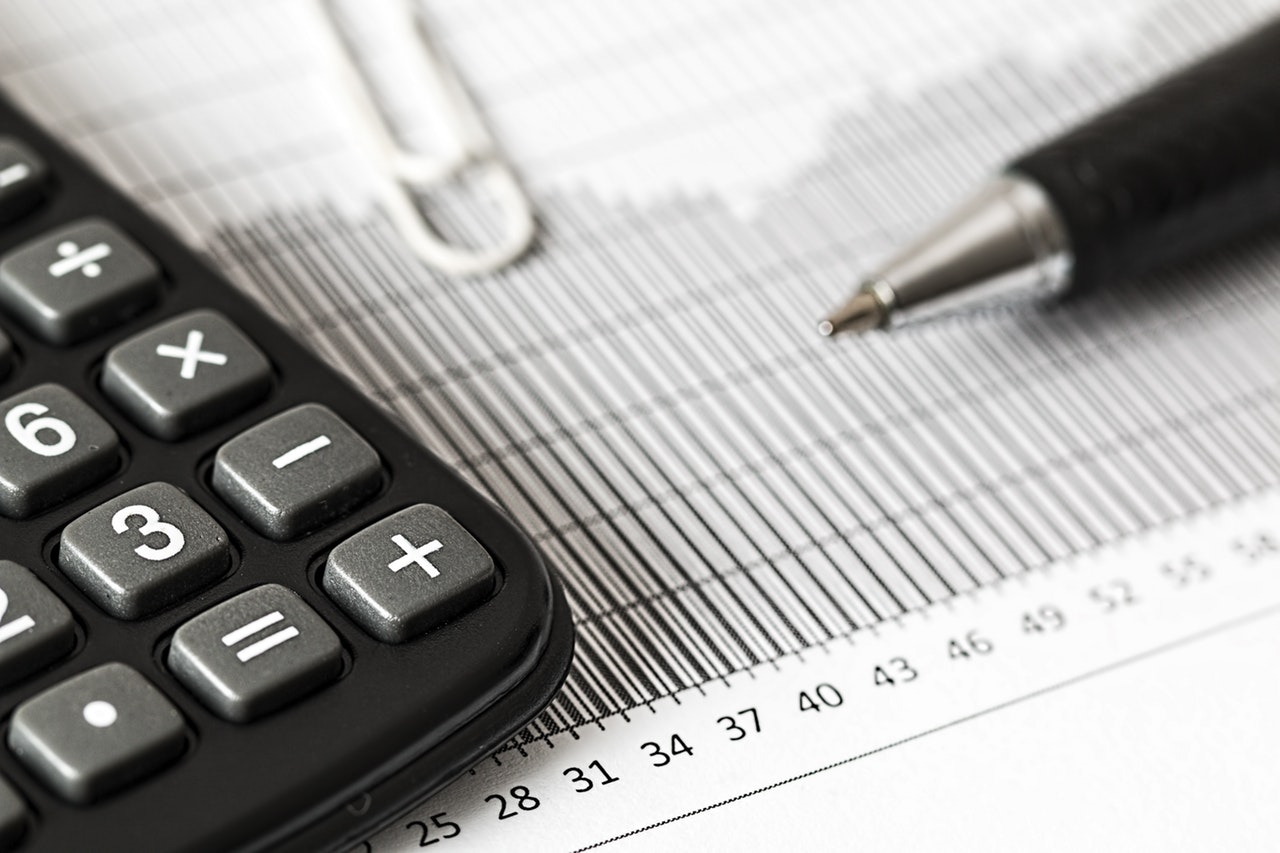Selling a home: capital gains tax
Are you considering selling your home and are not sure what the capital gains tax is and whether you will have to pay it? The price of your home may have risen during your ownership and the difference between the sale price and the purchase price is called capital gain. Capital gains can be tax-free or taxable, depending on a few conditions.
This article explains when capital gains are taxable and how they are calculated.
Would you like to know how demand is changing in your area?
Discuss the market situation with your local broker!
When is the capital gain on the sale of a dwelling taxable income?
The capital gain (or profit on sale) is the difference between the selling price of the dwelling and the purchase price you once paid for it. As a simple example, you paid € 85,000 for a home you bought and are now selling it for € 115,000. Your capital gain on the sale is € 30,000.
Capital gains are tax-free income if you have owned your home for at least two years and you or your family have lived in the home for at least two years continuously and permanently during your ownership. Your family includes your spouse and minor children.
So, capital gains are taxable income if you are selling a home you bought less than two years ago, or if you or your family have not lived in the home permanently for at least two years. For example, if you bought a home, lived in it yourself for a year and then rented it out to someone else, the conditions for a tax-free capital gain are not met.
Taxation of capital gain
Capital gains are taxed at the capital gains tax rate. In 2021, the seller pays 30% of tax on the capital gain up to € 30,000. The tax rate is 34% for any amount above € 30,000.
There are two ways of calculating capital gains for tax purposes. The first method is more common and involves deducting the purchase price from the sale price, plus the costs of selling the home and capital transfer tax. Sales costs include, for example, the estate agent’s commission. The purchase price may also include the cost of basic improvements to the dwelling.
The second method of taxation uses the so-called deemed acquisition cost, which can be calculated in two ways. If you have owned the dwelling for less than 10 years, you deduct 20% of the selling price of the dwelling, and if you have owned the dwelling for more than 10 years, you deduct 40%. No other costs are added to the deemed acquisition cost.
You should carefully calculate which of the two ways will result in a lower capital gain and less tax to pay.

How do I pay capital gains tax?
When you sell your home, you must notify the Tax Administration of the transfer. The obligation to notify applies to all taxable transfers, regardless of whether or not taxable income has been generated. Only completely tax-exempt transfers can be left unreported (for example, a tax-exempt transfer of your own home).
The transfer is reported to the Tax Administration by applying for advance tax either in MyTax or on a paper form. The Tax Administration will issue a decision on the advance tax based on the application. You will then receive a decision on the advance tax by post and the bank transfer forms for paying the tax. If you receive a pre-completed tax return later, you should check that the details of the transfer have been entered correctly.
Tax deduction for loss on sale
Sometimes the sale of a home results in a loss instead of a profit. The Tax Administration will contact you for more information. Check the information in the request for clarification you have received and correct it if necessary. Check the information on deductions on your tax return next spring.
Losses on the sale of a home can be deducted from both capital gains and other capital income. Losses on sales cannot be deducted from earned income.
If there is no capital income in the year of the transaction or less capital income than what the deductible losses are, the Tax Administration will deduct the capital loss from capital income over the next 5 years. The capital loss arises in the year in which the binding transaction is made.
A loss on the sale of your own permanent home is not tax deductible if the gain on the sale of the same home would have been tax-free.